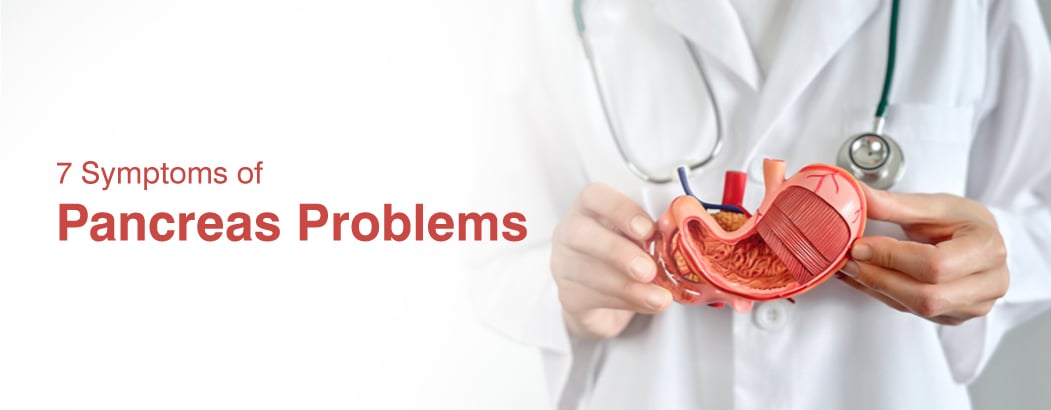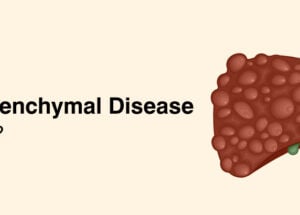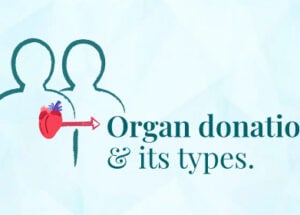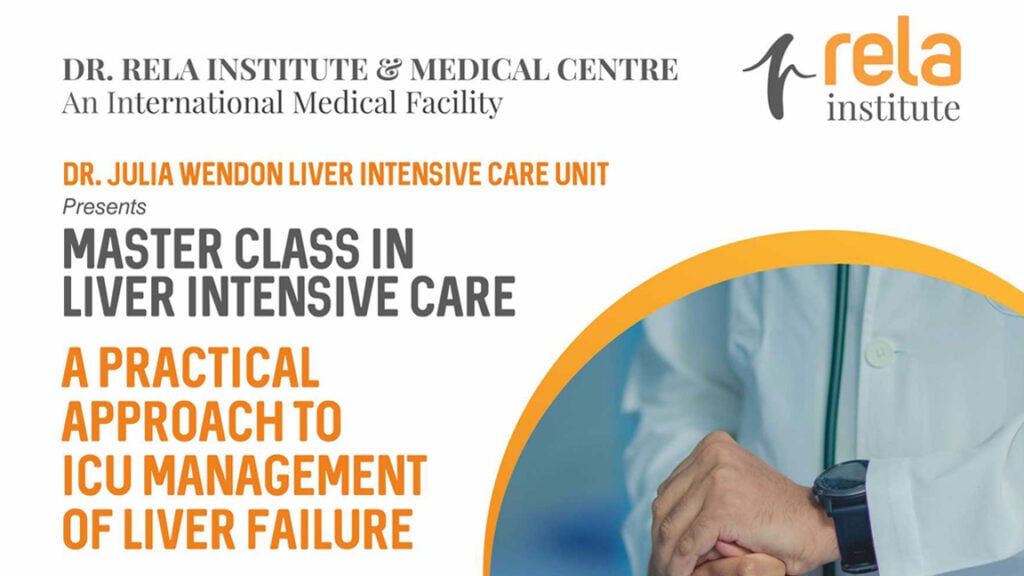What is liver cancer?
Liver cancer, specifically hepatocellular carcinoma, is a type of cancer that originates in the liver cells. It typically develops in individuals with underlying liver disease, such as cirrhosis or chronic hepatitis B or C infection. Liver cancer can disrupt the liver’s normal functioning and potentially spread to other body parts.
Types of liver cancer
The main types of liver cancer include:
- Hepatocellular carcinoma (HCC) is the most common type, accounting for 75-85% of all liver cancer cases.
- Intrahepatic cholangiocarcinoma: This cancer originates in the bile ducts within the liver.
- Hepatoblastoma: This rare type of liver cancer typically affects children under the age of 3.
Liver cancer symptoms
The signs and symptoms of liver cancer may vary but can include:
- Unexplained weight loss
- Loss of appetite
- Fatigue and weakness
- Abdominal pain or swelling
- Jaundice (yellowing of the skin and eyes)
- Nausea and vomiting
- Easy bruising or bleeding
- Back pain
Causes and risk factors for liver cancer
The primary causes and risk factors for liver cancer include:
- Chronic infection with hepatitis B or C virus
- Cirrhosis (scarring) of the liver due to chronic alcohol abuse, nonalcoholic fatty liver disease (NAFLD), or other causes
- Exposure to aflatoxins, which are toxins produced by a type of fungus found in certain food products
- Diabetes
- Obesity
- Family history of liver cancer
- Smoking
- Certain inherited liver diseases, such as hemochromatosis or Wilson’s disease
Conditions associated with liver cancer
Liver cancer is commonly associated with underlying liver diseases and conditions, including:
- Chronic hepatitis B or C infection
- Cirrhosis (resulting from alcohol abuse, hepatitis, or other causes)
- Nonalcoholic fatty liver disease (NAFLD) or nonalcoholic steatohepatitis (NASH)
- Hemochromatosis (excess iron accumulation in the liver)
- Wilson’s disease (abnormal copper metabolism)
- Alpha-1 antitrypsin deficiency (a genetic disorder affecting liver function)
How is liver cancer diagnosed?
The diagnosis of liver cancer involves several diagnostic procedures, such as:
- Imaging tests: Ultrasound, computed tomography (CT) scan, magnetic resonance imaging (MRI), and positron emission tomography (PET) scans help detect and visualize tumors in the liver.
- Blood tests: Liver function tests and specific tumor markers, such as alpha-fetoprotein (AFP), can provide valuable information about liver health and the presence of cancer.
- Biopsy: A tissue sample is obtained through a needle or during surgery to confirm the presence of cancer cells and determine the cancer type and stage.
How is liver cancer treated?
The treatment of liver cancer depends on several factors, including the cancer stage, overall health, and individual circumstances. Treatment options may include:
- Surgery: Surgical resection, liver transplant, or radiofrequency ablation (RFA) can be considered for early-stage liver cancer.
- Radiation therapy: High-energy radiation is used to target and destroy cancer cells.
- Chemotherapy: Drugs are administered to kill cancer cells or slow down their growth.
- Targeted therapy: Medications specifically designed to target and inhibit the growth of cancer cells.
- Immunotherapy: It stimulates the body’s immune system to recognize and attack cancer cells.
- Palliative care: Focuses on symptom management and improving the quality of life for patients with advanced or metastatic liver cancer.
How can liver cancer be prevented?
Although it may not be possible to prevent liver cancer entirely, certain measures can help reduce the risk:
- Vaccination: Complete vaccination against hepatitis B virus (HBV) can significantly lower the risk of liver cancer.
- Preventing hepatitis C infection: Avoid sharing needles, practice safe sex, and take precautions to prevent exposure to infected blood.
- Moderating alcohol consumption: Limit alcohol intake and avoid excessive or chronic alcohol abuse.
- Maintaining a healthy weight: Follow a balanced diet, engage in regular physical activity, and manage conditions like diabetes or obesity.
- Avoiding exposure to toxins: Take precautions to minimise exposure to aflatoxins, which are commonly found in mouldy nuts, grains, and certain food products.
- Follow safety guidelines and use protective equipment to minimise exposure to occupational hazards associated with liver cancer.
When and whom to consult?
If you experience persistent symptoms like unexplained weight loss, abdominal pain, or jaundice, it is crucial to consult a healthcare professional promptly. Your primary care physician or a specialist, such as a gastroenterologist or an oncologist, can evaluate your symptoms, conduct appropriate tests, provide an accurate diagnosis, and guide you through the treatment process.
People Also Ask:
1. How long can you live with liver cancer?
The prognosis for liver cancer depends on various factors, including the stage at diagnosis, treatment options, overall health, and individual response to treatment. Survival rates vary significantly, but early detection and treatment offer the best chance of a favourable outcome.
2. Is liver cancer curable?
Liver cancer can be curable if detected early and appropriate treatment measures are taken, such as surgical resection or liver transplantation. However, advanced-stage liver cancer may be more challenging to cure, and treatment focuses on managing symptoms and improving quality of life.
3. What are the four symptoms of liver cancer?
Four common symptoms of liver cancer include unexplained weight loss, loss of appetite, abdominal pain or swelling, and jaundice (yellowing of the skin and eyes). However, it’s important to note that these symptoms can also be associated with other health conditions, so a proper medical evaluation is necessary for an accurate diagnosis.
4. How does liver cancer start?
Liver cancer usually develops when liver cells undergo genetic mutations that lead to uncontrolled growth and division. These mutations can be caused by various factors, including chronic viral infections (hepatitis B or C), cirrhosis, exposure to toxins, and underlying genetic conditions. Over time, the abnormal cells form a tumor, which can spread to other parts of the liver or to other organs in the body.
5. Is Stage 4 liver cancer curable?
Stage 4 liver cancer, also known as advanced or metastatic liver cancer, is generally not considered curable. The primary focus of treatment at this stage is to manage symptoms, slow down the disease progression, and improve quality of life. Treatment options may include chemotherapy, targeted therapy, immunotherapy, radiation therapy, and palliative care. While some patients may experience a partial response to treatment, complete eradication of the cancer cells is typically challenging. It is important to consult with doctors to discuss individual circumstances and available treatment options.



















